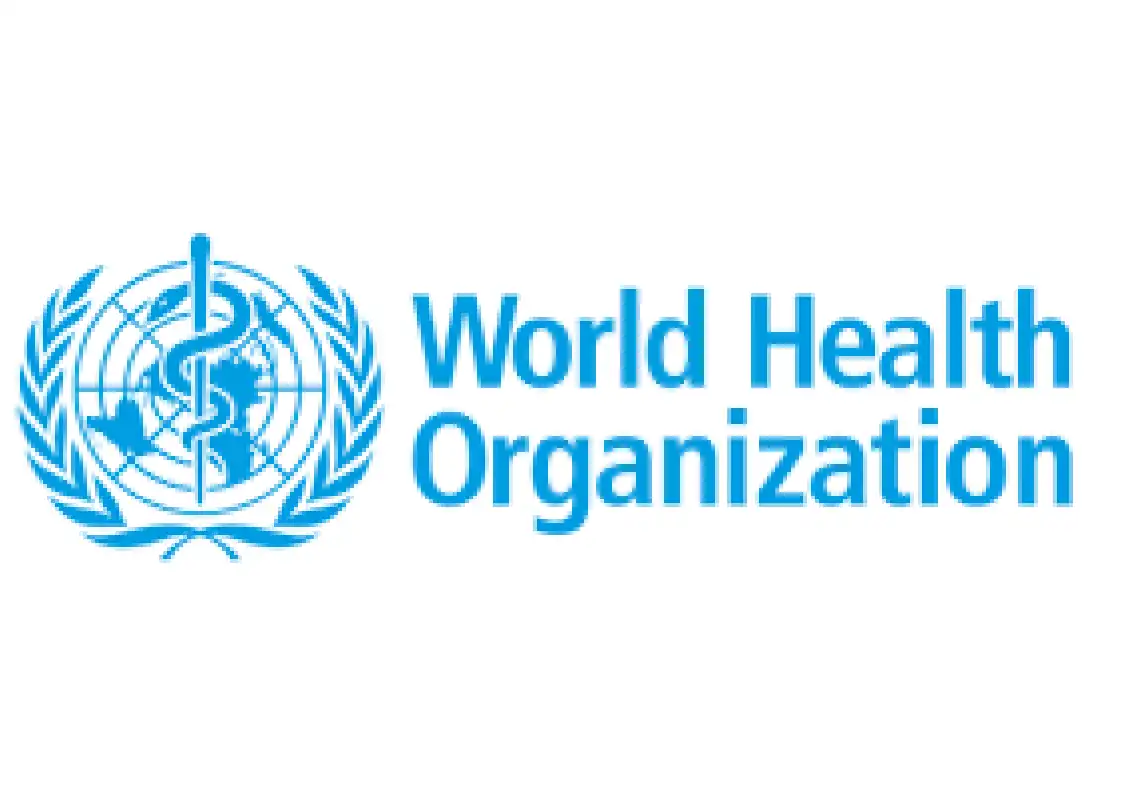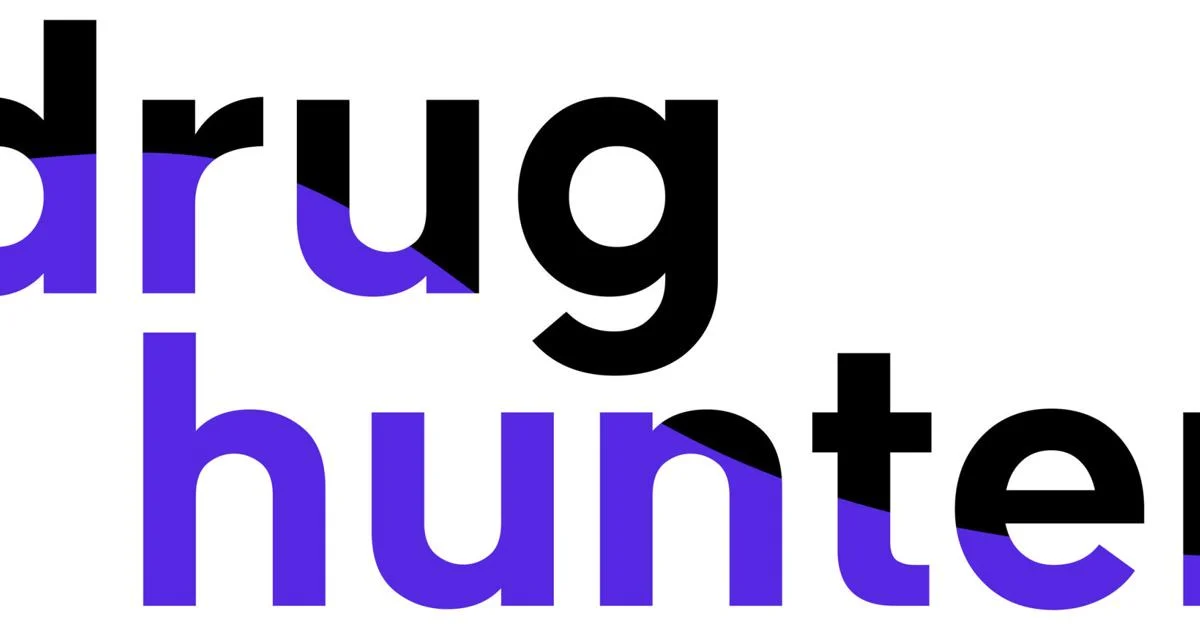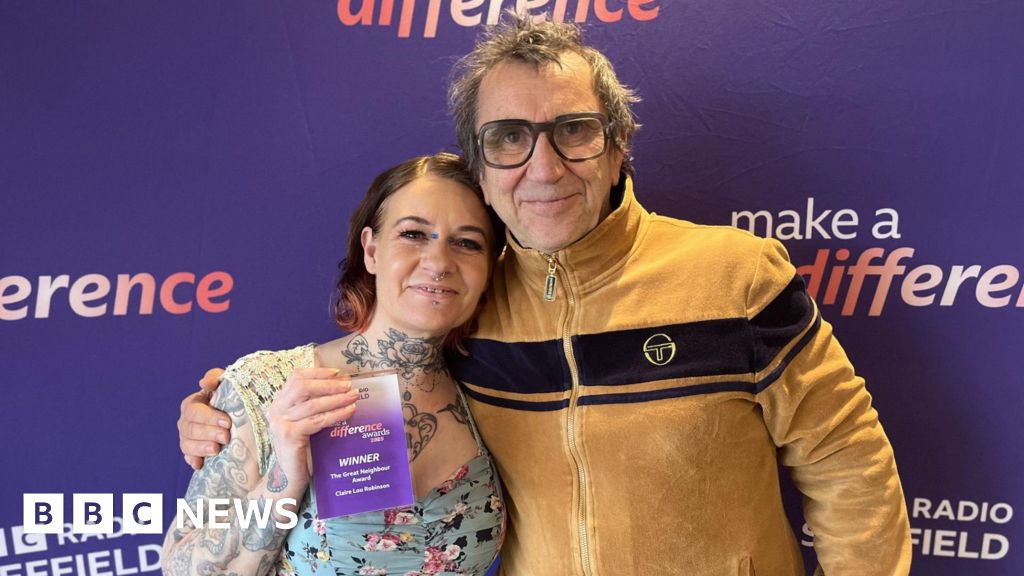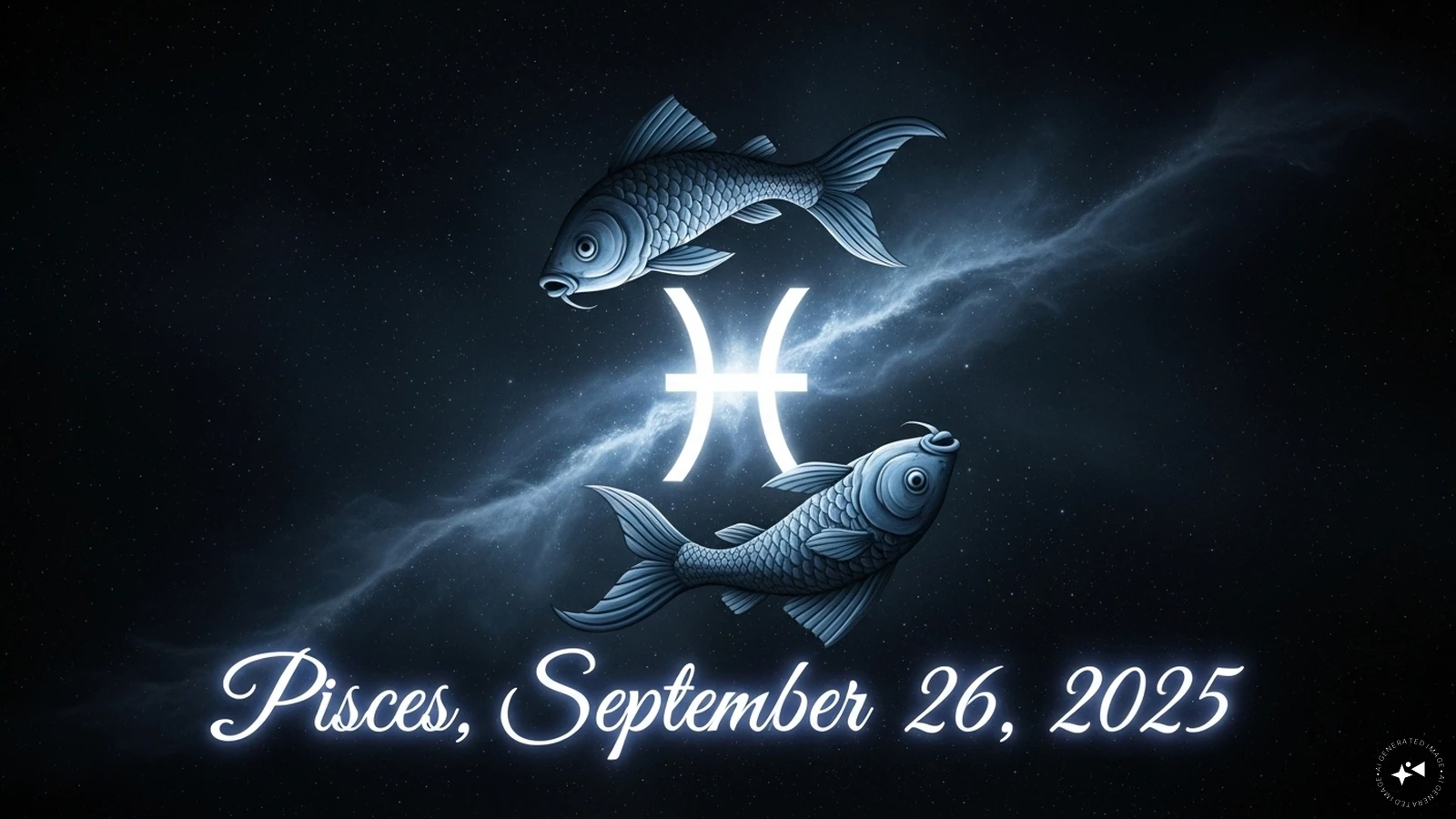By Jenna Ryu
Copyright vogue

Teen TV has long sold us the fantasy of the cool mom and the best friend she doubles up as. She’s not a stickler who scolds or nags—she’s your laid-back confidante, dating coach and gossip buddy all in one, written into shows like Gilmore Girls and Ginny and Georgia. You know Cool Mom: She’s more like a roommate or big sister than she is an authority figure.
On screen, this kind of relationship can seem heartwarming, exciting or even aspirational. Off-screen, however, it usually involves a child carrying stressful, grown-up responsibilities that no young person should. (We see you, Rory Gilmore.)
In psychology, this confusing blurring of lines between mom and best friend has a name: parentification. At its core, it’s a role reversal where a child is forced to take on adult-like responsibilities from an early age. Sometimes, that looks like being their mom’s therapist, cheerleader or even the family peacemaker. Other times, it involves managing financial responsibilities, like paying bills or sorting out debts and mismatched finances.
“I think a lot of people see these kinds of relationships on TV and wish their mom was ‘cooler,’” says Dara Winley, PhD, LMFT, a Chicago-based therapist and assistant professor at Adler University. In reality, though, psychologists warn it’s not something to envy—it can be an unhealthy setup where kids are the ones who pay the price.
What is parentification?
Parentification isn’t the same thing as being close with your mom or dad. ”It’s not just sharing clothes, matching outfits or going out for mani-pedis together,” says Robyn Koslowitz, PhD, clinical psychologist and author of Post-Traumatic Parenting: Break the Cycle and Become the Parent You Always Wanted to Be. “It’s when the kid starts serving the needs of the adult.”
In extreme cases, that role reversal is glaring, and the child ends up running the household because of a physically or emotionally absent parent (Fiona and Frank Gallagher from Shameless are a classic example of this). It can also be more subtle: Maybe you feel responsible for cheering up your upset or overwhelmed mom after a fight, or feel pressured to stay tethered to your hometown because your dad “needs” you close by.
As harmful as it is, this dynamic typically isn’t malicious, Dr. Winley points out, and it usually stems from blurred boundaries. Think of Lorelai Gilmore or Georgia Miller: young mothers who, because of their unstable upbringings, overcompensate by befriending their teenage kids instead of parenting them. In certain households, this pattern might be less about choice and more about survival: When the adult in the room is absent or unavailable, the child has no option other than to care for their siblings and step in as the provider.
So while parentified kids may seem “wise beyond their years,” Dr. Winley says that this maturity masks real harm: They often develop anxiety, guilt or confusion about boundaries, research shows. Not to mention, their mental health will suffer when they’re sacrificing fun, ordinary childhood experiences—forming friendships, pursuing hobbies, having the freedom to just be a kid and mess up—because so much of their energy is consumed by carrying someone else’s heavy burdens.
How to break a parentified relationship, according to psychologists
It’s a blessing to have a relationship so positive with your family that you’re able to cherish those small, lighthearted moments: swapping secrets late at night, laughing over shared gossip, leaning on each other for breakup advice.
Dr. Koslowitz says that “closeness, even a sense of friendship, is okay.” But it shouldn’t be a perfectly even exchange. If your teenager rants about their breakup, you should not, in turn, vent about your issues with their other parent. That’s a line a lot of families miss—which is why it requires the adult to consciously maintain these boundaries. In other words, you, as a parent, can share that you had a rough day at work. But that’s different from relying on your child as your main source of comfort or expecting them to soothe you.
If you’re on the receiving end of parentification, both experts say it’s worth reminding yourself that you shouldn’t be refereeing your parents’ arguments or putting your own life (like friendships and hobbies) on hold. And if these patterns sound familiar to you, know that a professional therapist can help you reflect on and work through them.
The goal of a healthy, thriving parent-child relationship isn’t to sever closeness or outlaw fun. It’s recognising that intimacy shouldn’t come at the cost of someone’s innocent childhood. Kids deserve to be kids, while parents need to take the lead as adults—even if it doesn’t make for an endearing sitcom storyline.
This article first appeared on self.com
Toxic parents: These 6 statements are clear warning signals—and should not be played down
Grew up feeling like a parent to your own parents? You might be a ‘parentified daughter’
50 questions to ask your parents that’ll bring you closer than ever



